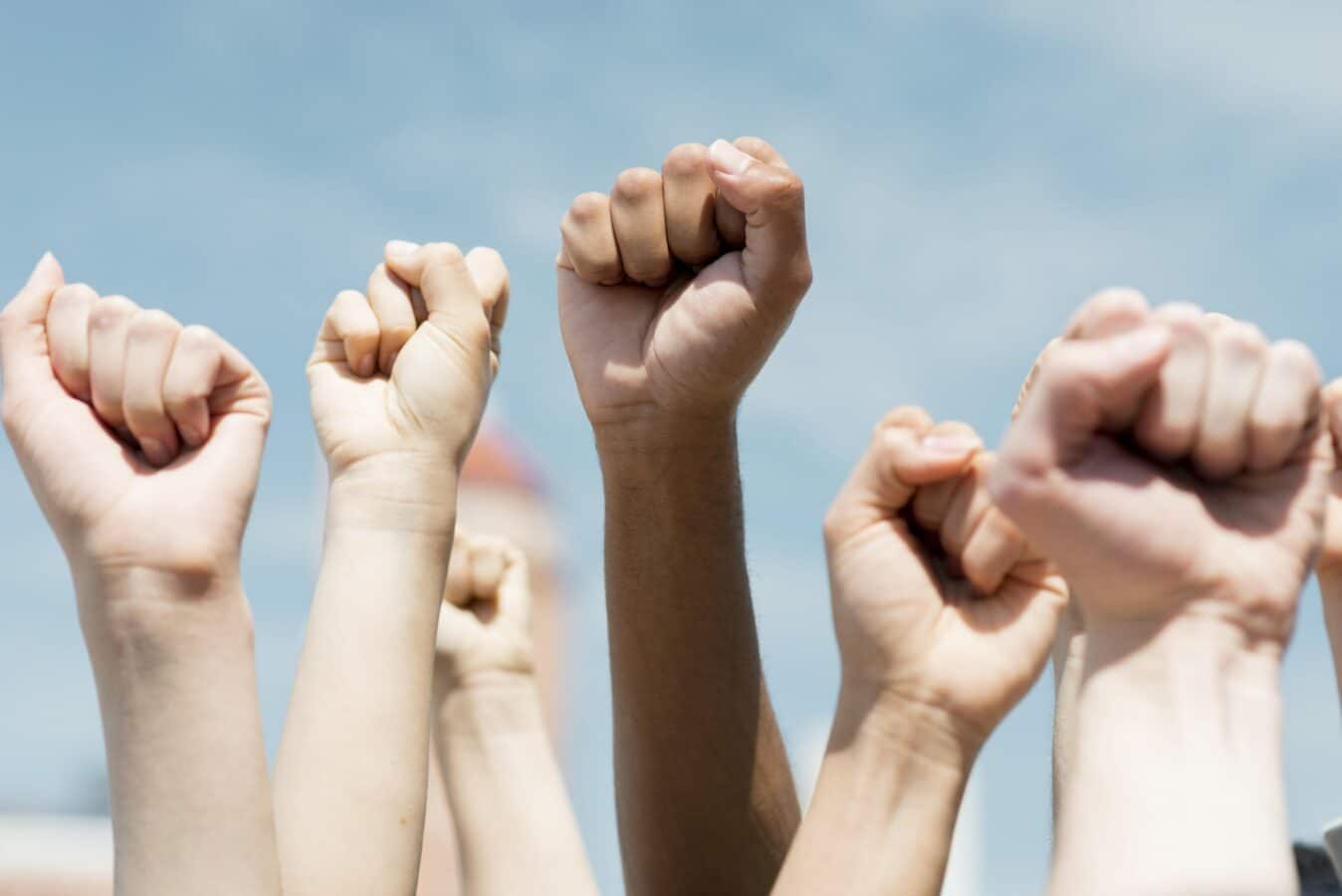- Updated on 9 July 2024
- Alyssa Fernandez
Tags: ethnic privilege; minority experiences; mental wellness of minorities; Singapore
Background
I am Singaporean. I was born and raised here, and so were my parents. I’ve lived all my life in Singapore. I am half Indian, half Chinese, and look Malay. English is my first language and Mandarin my second.
Not fully understood by dominant ethnic groups
Ethnic privilege is discussion topic for those who have it, and an experience for all without it.
Throughout my life, I’d hear Chinese people say, “Your Mandarin is really good!” There was almost an unspoken expectation that my Mandarin was supposed to be bad based on first appearances, and therefore I had exceeded their expectations and deserved praise, just for having spoken one sentence in Mandarin. Never mind that I studied Chinese till A Levels; that did not matter. Cai fan (mixed vegetable rice) stall uncles were frequently amused by my ability to order food in Mandarin, and I was an “entertaining” person of interest.
With Malay friends, I looked the part, but did not understand most of the conversations and jokes. I also received the occasional odd glance from new acquaintances when I didn’t automatically greet others in the culturally expected manner.
But racism in Singapore is not as bad as overseas, right?
That doesn’t mean it doesn’t exist, or that the experiences of those affected are any less real. Minority issues occur in may forms, more than you can imagine.
Over the years, when I, an introvert, finally found the courage to speak up in response to racist jokes, speech, and behaviour, I would hear responses such as “It was just a joke, relax, don’t be so serious”, “You think too much”, “You’re just being oversensitive”, and “At least your situation is not as bad as…” These responses only exacerbated my frustration of not being understood.
Over time, I began to realise that someone else’s lack of empathy or understanding about what you are going through should not in any way diminish your lived experiences.
Your struggles are your unique experiences, and your feelings are valid.
Was it all bad?
No. There were small moments I could relish in, like people talking about me right in front of me, in a language they assumed I didn’t understand based on my appearance, so I was privy to entire conversations due to nothing other than their stereotypical assumptions. It was a chance to hear what others truly thought.
These, though, were far and few between, in comparison to the constant reminders that I was different.
How did you address these minority issues?
I don’t think these issues will ever go away.
Simply put, I can’t change how others think, neither can I change the messages parents give their children about people different from themselves, and the attitudes they model for the next generation.
But life has to go on, and life does go on. Finding solidarity in similar others is a luxury, given the definition of minority.
My next best alternative is to seek solidarity in those with ethnic privilege but who are able to acknowledge it, and those who don’t dismiss my experience. People who listen, empathise, and sometimes feel angry along with me. They normalise my emotions in response to events no one should ever have to encounter.
Abuse is abuse. Racism is racism. It is never the victim’s fault.
The burden of explaining why a comment or action is racist does not fall on the victim. Although the victim may, out of goodwill, choose to explain why a comment or action is racist, it is not the victim’s duty to educate the other party.
It is never the victim’s fault.
Society will never be perfect. I am different, and that’s okay.
Takeaway
Living as a minority comes with unique challenges. Ethnic privilege affects how people perceive and treat others, often leading to misunderstandings and unintentional biases. These experiences are valid and should be acknowledged.
Finding support from empathetic individuals who listen and understand can make a big difference. It’s important to remember that racism and discrimination are never the victim’s fault, and the burden of explaining why something is offensive shouldn’t always be on them.
Creating a more inclusive society starts with embracing our differences and recognising the validity of everyone’s experiences. We can work towards a more compassionate community by encouraging understanding and empathy.



